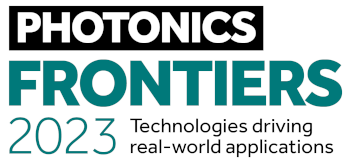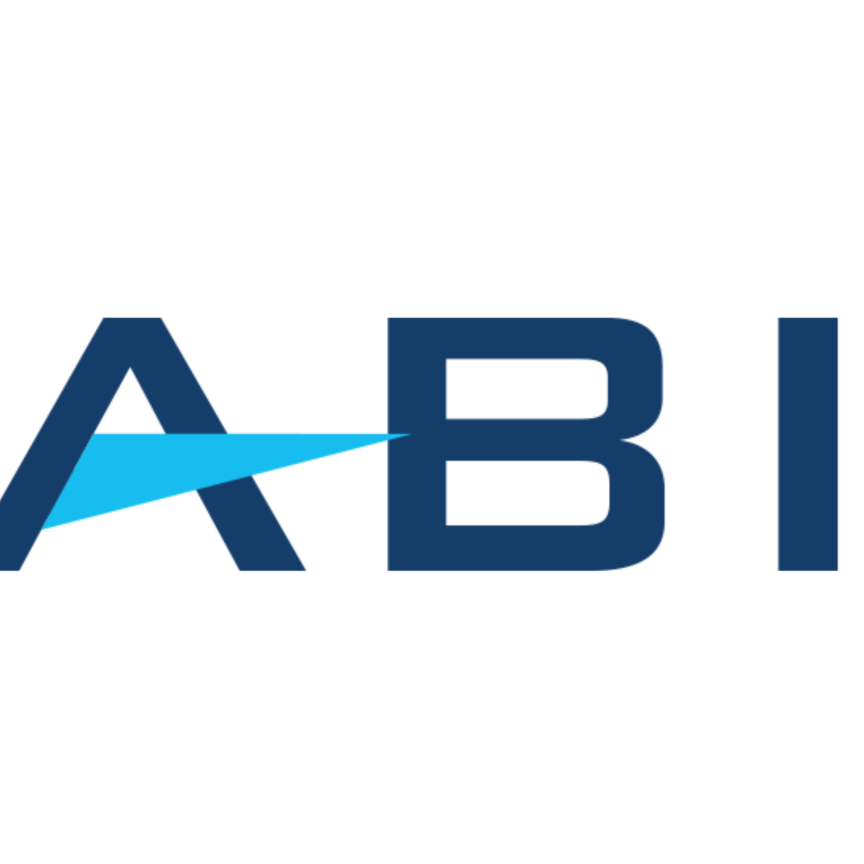Eosta, a European distributor of organic fruit and vegetables, has saved 50 million pieces of plastic packaging thanks to its use of laser marking technology.
The distributor adopted the technology in 2016 to brand its produce – a technique it calls ‘natural branding’ – in an effort to reduce the use of stickers and packaging in supermarkets.
Organic products are required by law to be recognisable as such by consumers. Traditionally this has led to many supermarkets needing to package and/or sticker the organic products they sell.
Natural branding instead requires the removal of a minor amount of pigment from the outer layer of the skin or peel of a vegetable or fruit. A mark is made without the use of additives or any form of sticker/packaging. The method not only saves plastic and glue, but also large amounts of energy and emissions: a laser mark requires a mere fraction of the energy required for a sticker. The method has been approved by organic inspection authorities.
Eosta’s kick-off using the technology took place in Sweden, where supermarket ICA started selling avocados and sweet potatoes marked using natural branding.
Eosta went on to purchase several laser marking machines, including the 3kW LMS1 Pro CO2 laser system from Spanish company LaserFood, and has now announced that the technology has resulted in the saving of 50 million pieces of plastic packaging. This corresponds to 500,000 kg of plastic, 216,000m of paper, and an energy saving of 2.2 million kg of CO2 emissions, equalling 19 million kilometres driven by car.
Laser Food commercialised the ‘natural branding’ process in 2013 following the completion of a €1.3 million EU-funded innovation project that focused on the eco-labelling of fresh produce.
Other wholesalers and supermarkets have also adopted natural branding. Currently, LaserFood and EcoMark (Germany) are the main European providers of laser technology for branding fruit and vegetables.




